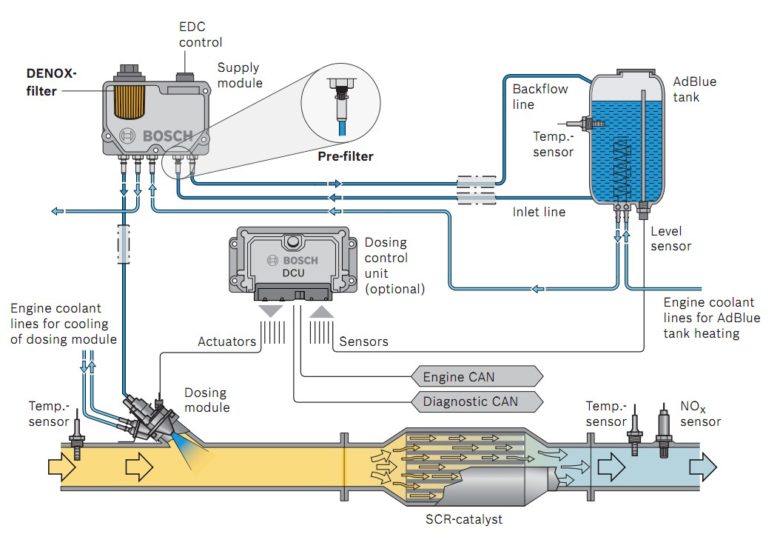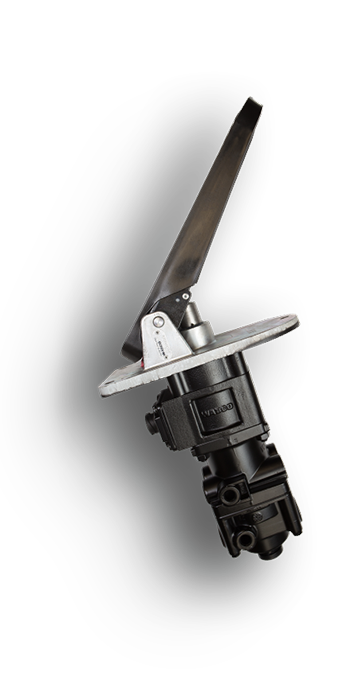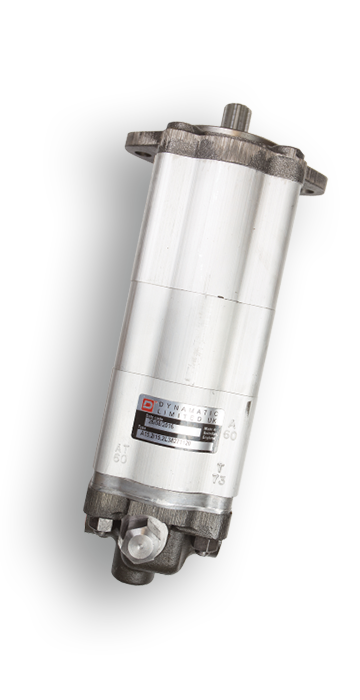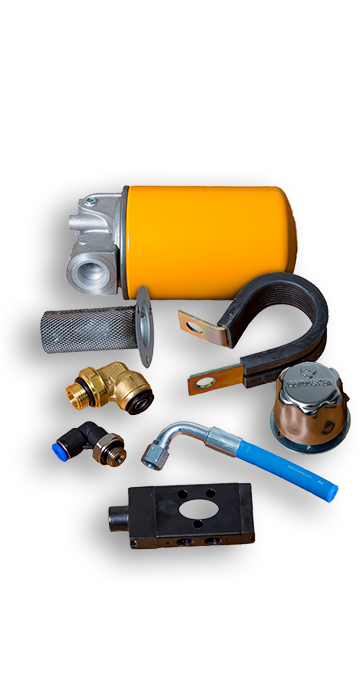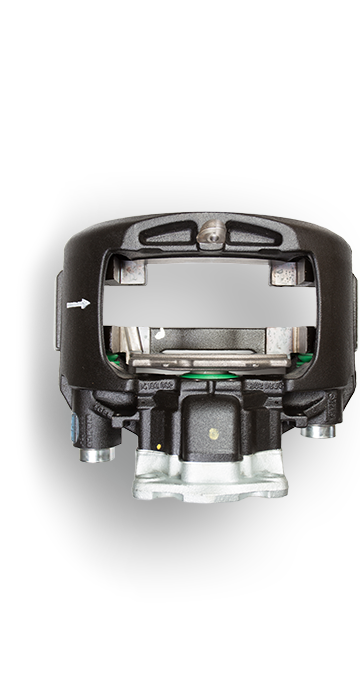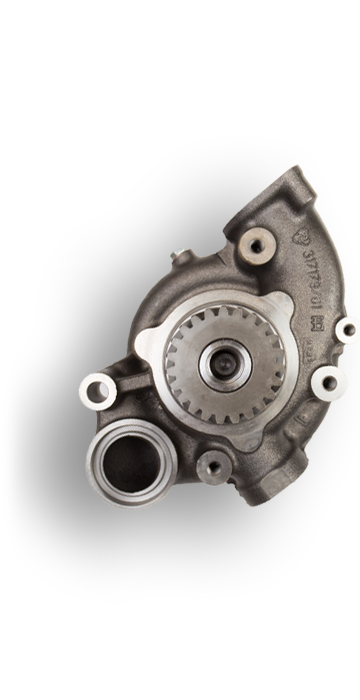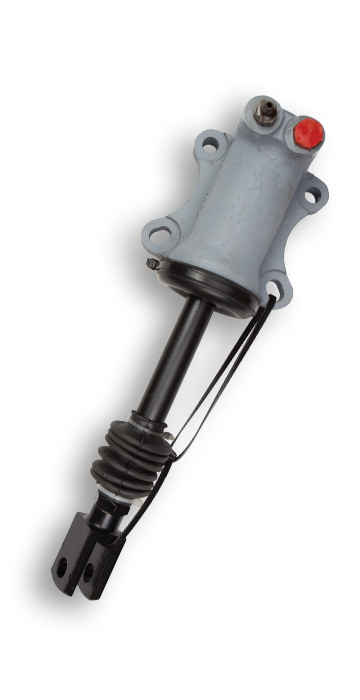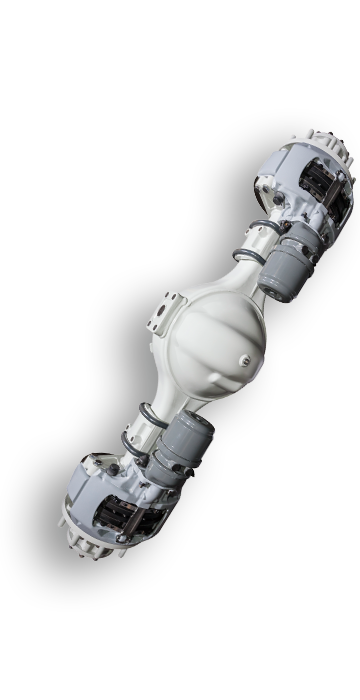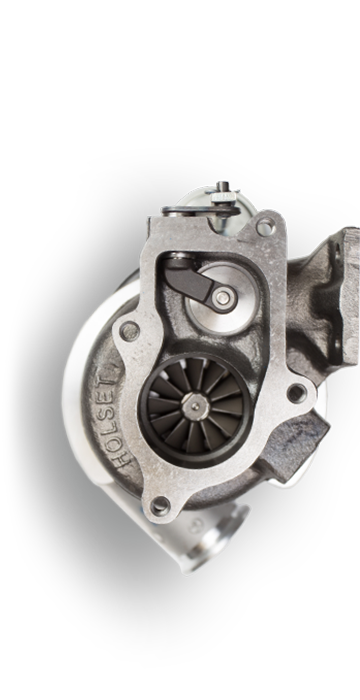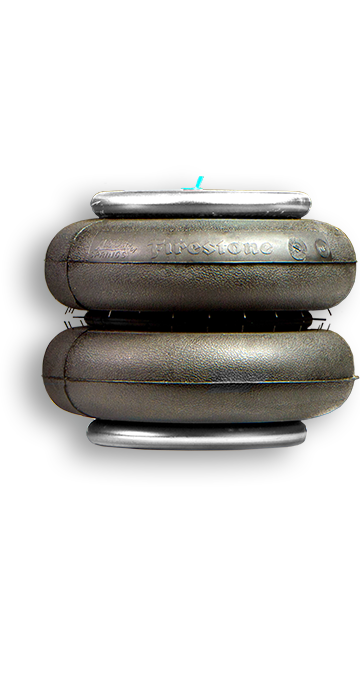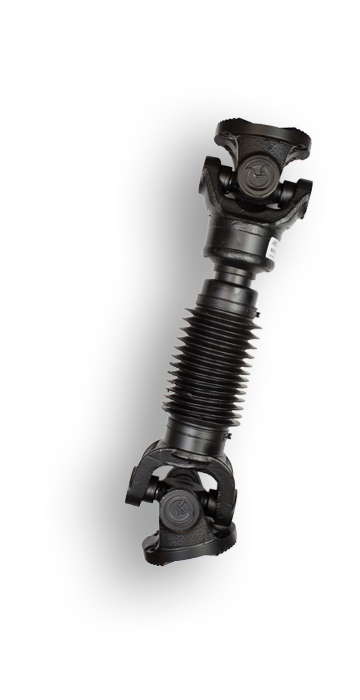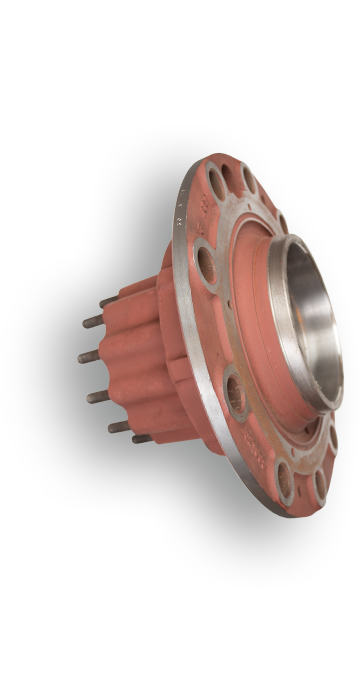Exhaust treatment systems utilising selective catalytic reduction (SCR) technology have become universal on all diesel and diesel hybrid buses since Euro VI emissions standards became mandatory in 2015. In addition, many thousands of Euro V buses have been upgraded to Euro VI with retrofit emissions reduction systems to ensure compliance with Clean Air Zones (CAZ) and Low Emission Zones (LEZ) across the UK, as well as London’s Ultra Low Emission Zone.
SCR systems use diesel exhaust fluid (DEF), more commonly known as AdBlue, to reduce harmful nitrogen oxide (NOx) emissions by over 90%. Produced in accordance with ISO 22241 specifications, DEF consists of a mixture of 32.5% synthetic urea and 67.5% deionised water. The fluid is injected into a vehicle’s exhaust using the SCR process. When the DEF is added to the high temperature exhaust gases, the urea is converted into ammonia through thermolysis and hydrolysis. As it enters the catalytic converter, the ammonia breaks down the NOx into water and nitrogen. Urea is highly soluble in water and can therefore be added to the exhaust in the liquid form of DEF, which enables it to be precisely metered.
In terms of OEM exhaust treatment, Bosch Denoxtronic is one of the most commonplace SCR systems for PSV applications. A modular system, Bosch SCR consists of a supply module located in the fuel tank, which delivers the DEF with the required pressure into a dosing module via a solenoid membrane pump. The dosing module precisely controls the quantity of DEF and handles its atomisation and distribution in the exhaust pipe. A control unit housed in the dosing module manages the model-based calculation of the required dosing quantity according to a predetermined strategy.
Regular SCR system maintenance checks and scheduled servicing based on manufacturer guidelines and vehicle duty cycle is essential to Euro VI compliance and minimises the need for component replacement. As a leading PSV parts distributor, Imperial Engineering has seen an increase in the number of operators reporting SCR-related problems such as oil ingress due to ‘upstream’ turbocharger issues and, in the worst instances, system failure
To help operators prevent such issues and repair faults, Bosch has introduced KTS Truck, a modular diagnostic system, which provides PSV operators with an entry point into Bosch bus diagnostics. Connected via USB or Bluetooth, KTS Truck combined with Bosch ESI[tronic] 2.0 Truck software, facilitates comprehensive diagnosis, troubleshooting and fault searches and solutions. The software also contains technical information for a wide range of vehicles, including wiring diagrams, service and repair instructions and system information.
Imperial Engineering is an authorised Bosch distributor and is pleased to support operators with technical advice and guidance when it comes to sourcing the most appropriate components and diagnostic tools to meet their specific needs.
For further information call 01992 634255.
